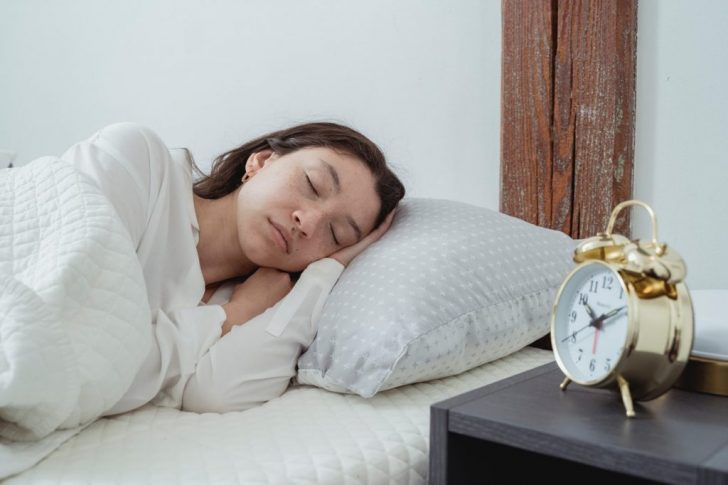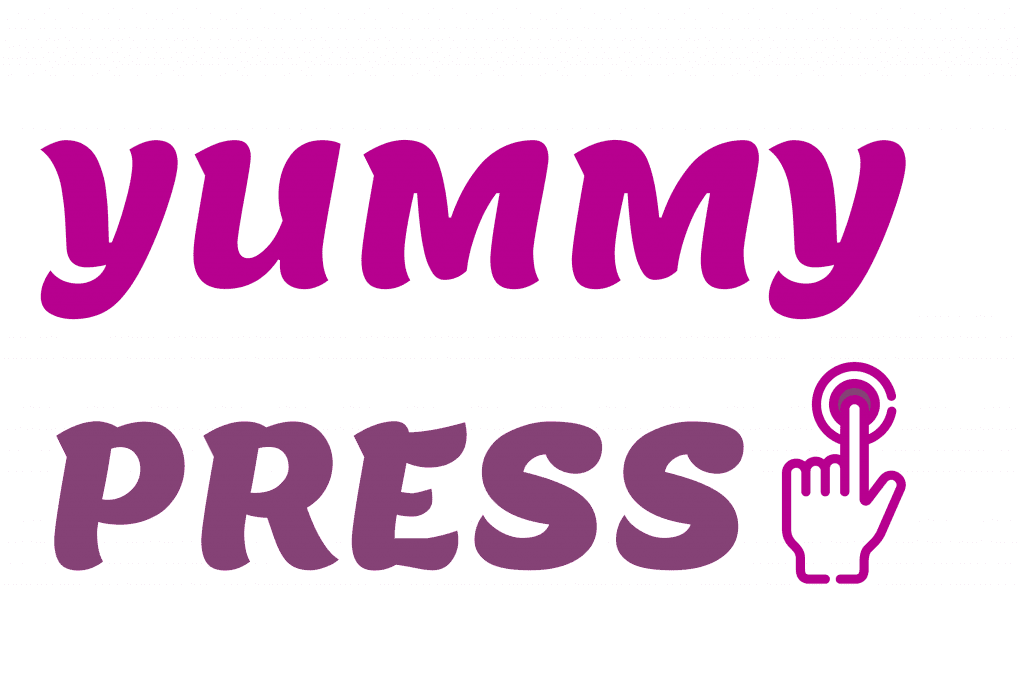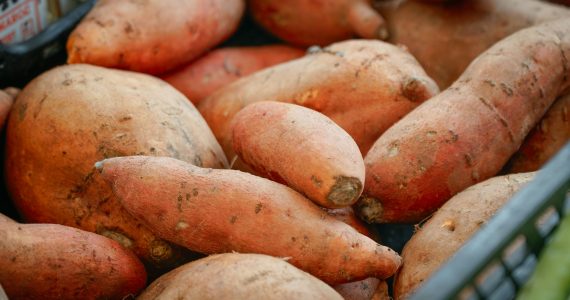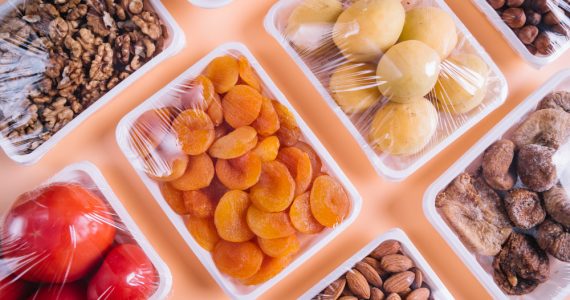How often do you feel sleepy or tired after eating? Most people describe this state as being in a “food coma”. But, you’d be surprised to know that it is an actual medical condition termed postprandial somnolence.

What Causes a Food Coma?
Though researchers aren’t aware of exactly what causes food comas, there are a couple of theories surrounding the subject, ranging from what you eat to changes in your circadian rhythm.
Let’s look at some of the most accepted theories about postprandial somnolence:
1. The type of food
Carbohydrate and protein-rich foods enable the body to absorb tryptophan, an amino acid used to create serotonin in the body. If you’re a little familiar with the hormone, you’d be aware that it is responsible for regulating mood, digesting, and sleep. So there’s a good explanation for where that post-meal feelings of satiety, happiness, and sleepiness generate from.
A case study conducted on Chinese truck drivers in 2021 discovered that those who consumed staple foods and vegetables such as eggs, dairy, and grains were less likely to employ rash driving techniques. In comparison, drivers who mostly consumed proteins like fish and meat were found to drive rather dangerously. The study suggests that underlying feelings of fatigue and drowsiness after eating could be the cause behind the careless driving.

Foods with a high tryptophan content include:
- lean poultry, like turkey and chicken
- nuts and seeds
- milk
- beans
- tofu
- fish
- egg whites
Foods with high carbohydrates content include:
- highly processed or refined foods, like sodas, white bread, and pastries
- starchy foods, like rice, potatoes, and pasta
- grains, like quinoa and oats
The size of the meal
A study of the fruit flies’ sleeping patterns discovered that they were more likely to sleep after a large meal as compared to a small meal. This effect was even more pronounced when said meal would be high in salt or protein. Your meal size is directly related to the time it takes your digestive system to absorb all its nutrients. The consequent dip in energy levels after meal consumption results from a spike in blood sugar. This theory is supported by research conducted on 52 Brazilian truck drivers in 2019. Results found that drivers consuming a smaller meal exhibited less sleepiness than those who consumed large meals.
The time of day
You’ll find yourself extra sleepy in the afternoon after eating a large lunch. This is because the body’s efforts to digest the food clashes with its natural slump in energy. The circadian rhythm of wakefulness is known to take a dip between 2 and 5 pm, according to the CDC, followed by an evening boost.

Wrapping It Up
If your food coma often becomes bothersome, you can prevent it by walking for a short while after eating, eating more meals in smaller portions, napping in the afternoon, or keeping a food diary!




